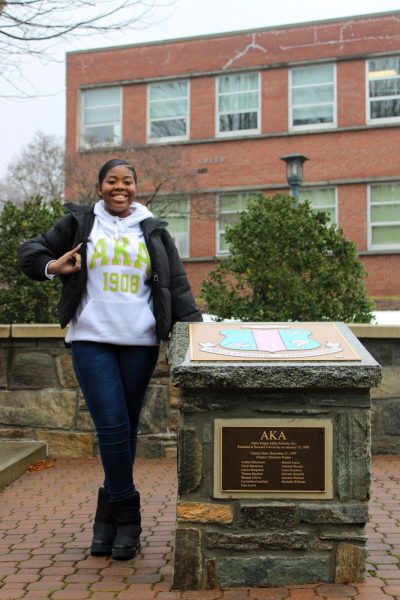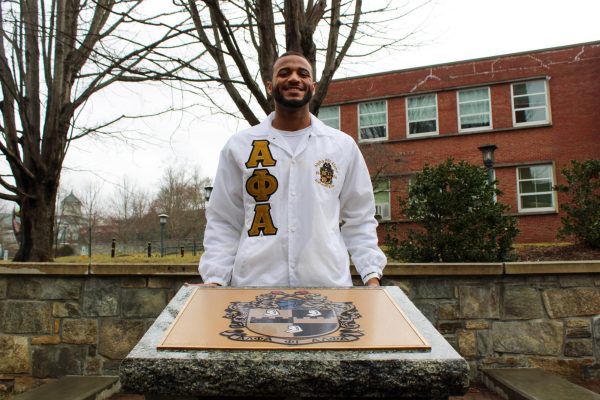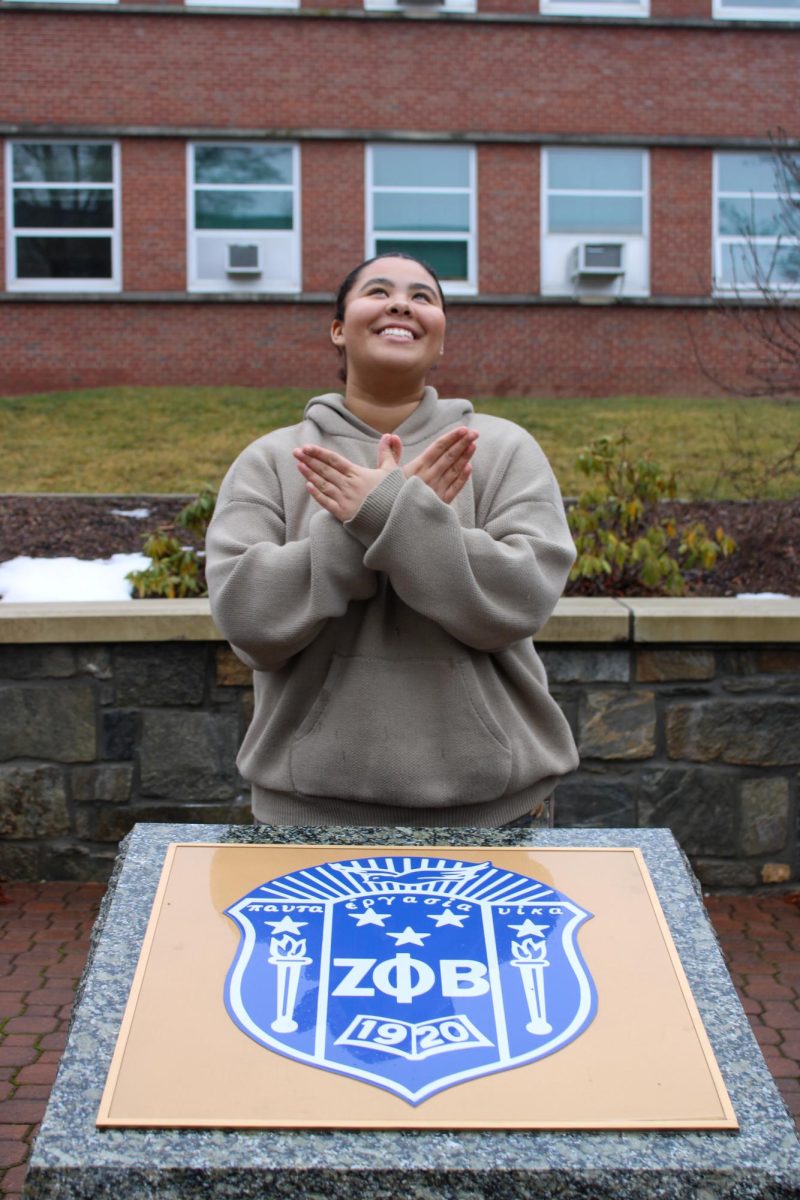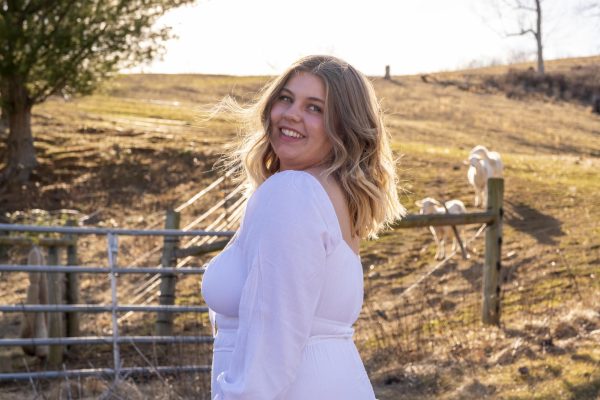Despite proportionally low enrollment, App State’s Black student community is small, but thriving.
In particular, three individuals within the Divine Nine community of App State’s campus persevere. Their stories offer insight into the experiences and contributions within Black Greek life, highlighting the ongoing legacy of service and the impact on the local community.
“Black Greek life means everything to me,” said Zoe Horton, president of the Mu Omicron chapter of the Zeta Phi Beta sorority.
Horton, a junior psychology major, has served in the role since May 2023. As president, Horton said she could not be happier.
“I think the role added an addition to my life that I can’t get anywhere else with sisterhood, as well as also being able to do things for different communities,” Horton said. “Not even just the Black community, but for rural communities. It’s connected me with a lot of different people across North Carolina who also share the same passions as me.”
Horton described being in her sorority as vibrant.
“You know that you have women that are always standing in your court, and they are always going to support you because you’re supporting the community for the greater good,” Horton said.
Horton said her sorors, or sorority sisters, pushed her to go beyond her limits in her service, academic and social life.
“When you’re surrounded by the people that have the exact same morals and ideals as you, you’re going to want to continue down that positive path,” Horton said.
Although Horton said Mu Omicron is strong, its numbers are dwindling. Black student admissions to App State are growing increasingly smaller, and to the National Pan-Hellenic Council, this means fewer members.
Out of the 4,227 first-year students admitted to App State in the fall, only 121 were Black, according to AppAnalytics.
“Because our community is so small on Appalachian State’s campus, and because a lot of our members are Greek, it is really important that we’re constantly showing up in our community,” Horton said. “And that’s a lot of why I appreciate it so much; because I get the sense of fulfillment for showing up and creating a space for people of my color and just for everyone in general.”
Kylah Atkins, a senior criminal justice major, serves as the president of the National Pan-Hellenic Council and public relations chair for the Omicron Kappa chapter of Alpha Kappa Alpha. She joined the Omicron Kappa during the spring of 2022 and became president of NPHC recently. Though App State wasn’t Atkin’s first choice, she said she doesn’t regret it.
“Alpha Kappa Alpha has always been on my mind, it’s always been a goal of mine,” Atkins said. “Coming here has definitely brought in my understanding of cultures and how to navigate places where people don’t look like me,” Atkins said.
Atkins said she is very fond of the founding charter members of Omicron Kappa.
“To come onto a PWI campus and say, ‘we want Alpha Kappa Alpha here,’ it’s hard,” Atkins said. “They put in the work so that I could wear my letters. And for that, I’m always grateful.”

(Hayden Wittenborn )
Atkins said that having the Divine Nine on campus creates a “safety net” for Black students, which is why it is important that the members stay active in their organizations in order to create a safe space for students.
Though the Omicron Kappa chapter was formed in 1987, the founding chapter members still keep in touch.
“They always come for homecoming, and it’s great to see them,” Atkins said.
Tyler Allen serves as the vice president of communications for the NPHC and the president of the Pi Nu chapter of Alpha Phi Alpha. As a senior history education major, Allen works as a student teacher in Wilkes County. He said the impact his fraternity has on local schools is what keeps him proud.
Some of the initiatives started by Alpha Phi Alpha, such as Project Alpha, College Life to Corporate Life Initiative and Go-to-High-School, Go-to-College focus on the education of young individuals. As a Black male teacher, Allen said seeing this representation in schools to young Black men in particular is important to him.
“I know first-hand how that can really steer children to a positive life,” Allen said. “I appreciate that our fraternity actually cares to have these programs.”
Allen said he feels a sense of incredible love from being part of the Divine Nine community.
“We all do have the same missions,” Allen said. “It might be worded differently, it might take different ways of getting to the point. But we’re all here to advocate for the Black community and underserved communities all over the world.”
Although the Divine Nine have the same intentions, the university does not always, Allen said.
“As far as getting more Black people on campus, Sheri can figure that out,” Allen said. “We’re trying to tell them that this isn’t a very safe space for Black people to be in. Because we’re on a mountain, we can’t fix that.”
Allen said he feels that there is not enough representation of underrepresented people in the campus Greek offices.
“Since not everyone is as educated on how we run, not everyone knows how to support us,” Allen said. “They just don’t understand, and part of that is because they haven’t been exposed to it.”

(Hayden Wittenborn )
The best way to become educated about Black Greek life on campus is to speak with its members, Allen said.
“Just talking to people who are a part of this life will go miles,” Allen said. “We’ll talk about why we joined, what this means to us, and how great it is for us and for our communities.”


